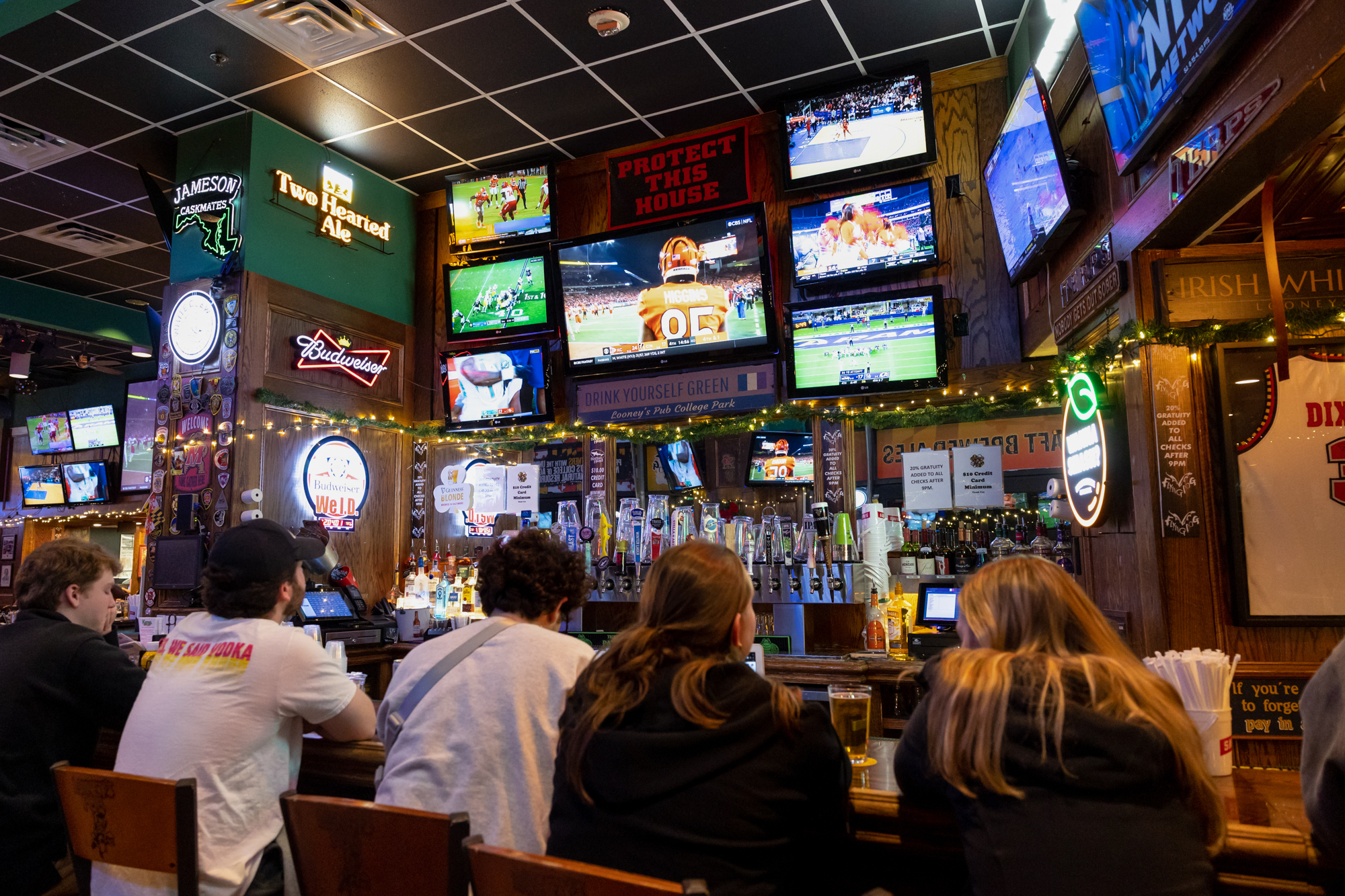Views expressed in opinion columns are the author’s own.
It’s not a rare occurrence for me to turn down an invitation to attend a student organization’s event if it’s being held at a College Park bar.
When I know that many students attending an event will be drinking, I usually hesitate to join. But by not showing up, I am often missing out on important opportunities to bond with my peers, make connections and gain professional experience.
One in four University of Maryland students don’t drink. Knowing this, student and Greek life organizations should work to create environments that do not disadvantage these non-drinking students. De-centering alcohol consumption during events and team bonding activities can support non-drinking students in their academic and professional endeavors.
Students decide not to drink for various reasons, from avoiding the health risks alcohol can cause to acting on religious beliefs, like me.
To allow students from religious minorities to be excluded on the basis of their religious beliefs is to allow a minority group to fall below the lines of equity. It is important for such students to be accommodated because creating connections with organization leaders during these events can give them equal chances of obtaining leadership positions or professional promotions.
Those like me, who don’t drink because of religious beliefs, often feel singled out when having to awkwardly explain why we choose not to drink. Most of the time, it’s easier to just claim health reasons than have to explain my religious beliefs.
To give some credit, the few events hosted at alcohol-serving venues that I’ve attended do a decent job at discouraging underage students from drinking. Despite this, there can still be an inherent pressure to drink to feel included and welcomed into a larger group where drinking is the default culture.
Studies on alcohol consumption at corporate workplace events have shown that when those in higher professional positions partake in or encourage drinking among employees, many feel pressured to participate. These statistics can be carried over into the student context when club socials model some types of professional socials. Not only could this encourage underage students into obtaining fake IDs, it could also harm those who may be in recovery from substance abuse.
The reasons why students choose to drink or not ultimately does not matter. Their decision, however, should not affect their ability to form meaningful relationships, create memories and take advantage of professional opportunities.
To actually create inclusive organizational environments, diversity and equity statements are not enough. Leaders must take into account the diverse values and beliefs held by organization members and ensure they are accommodated for. Events that hold a purpose outside of socializing should not allow drinking culture to disadvantage people who chose not to drink.
Student organizations can start to build this inclusivity by better utilizing places available to us on the campus. Let’s not forget we have the advantage of access to ample green space and buildings.
Plus, at events specifically aimed at team-bonding, organizations can work to avoid alcohol consumption in the activities they plan. Organizing games, exercises and nonalcoholic alternatives are only some of the ways this can be integrated. And this is not to say those who choose to drink should stop. Rather, it is to ensure those drinking students do not make non-drinkers feel excluded or miss out on opportunities.
Student organizations should intentionally take account of people’s comfort with drinking or being around alcohol. This would allow our organizations to better create equitable and inclusive environments that foster professional growth. Welcoming non-drinking students will allow true, organic connections to be made for all, regardless of personal convictions, values and health conditions.
Imaan Shikoh is a sophomore public policy major. She can be reached at ishikoh@terpmail.umd.edu.



